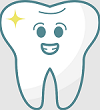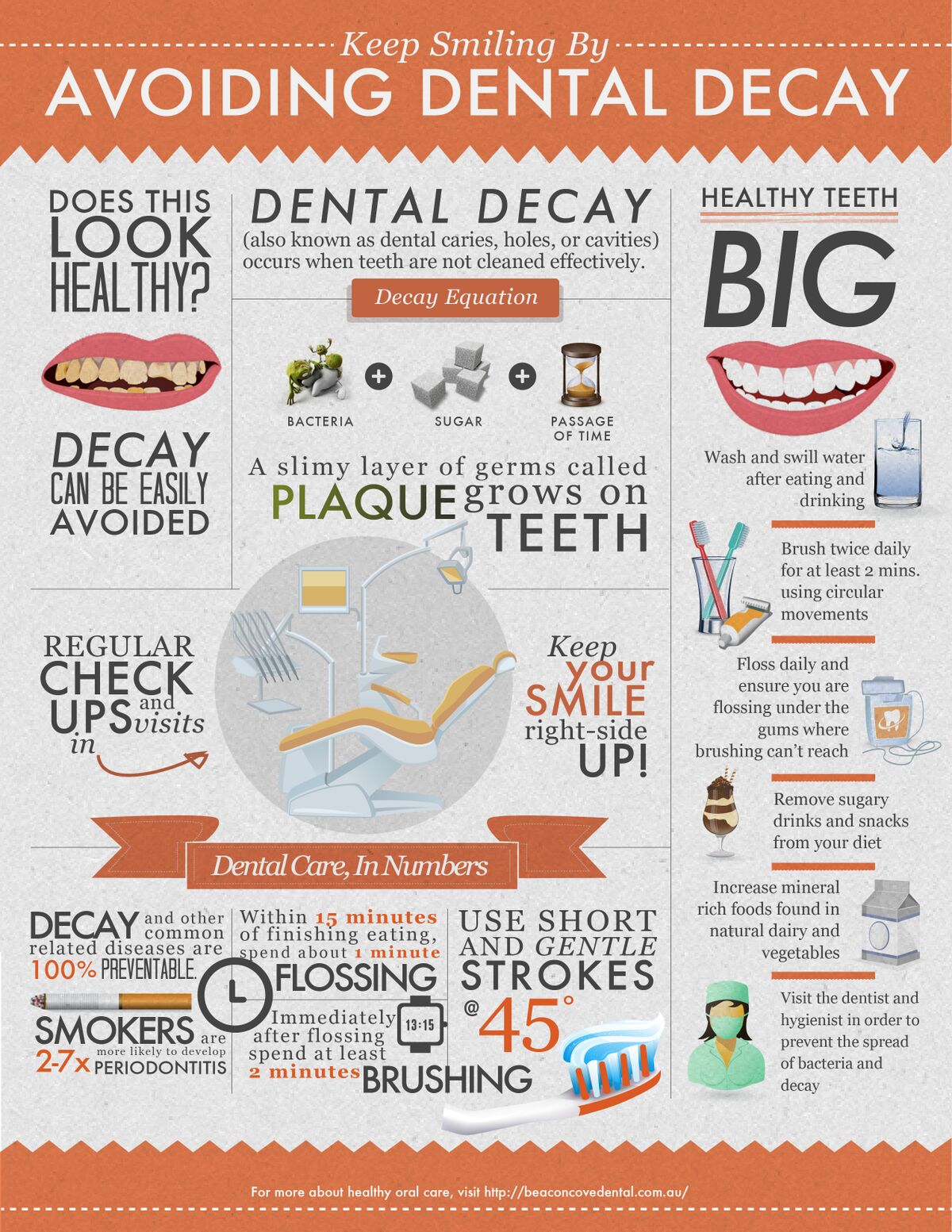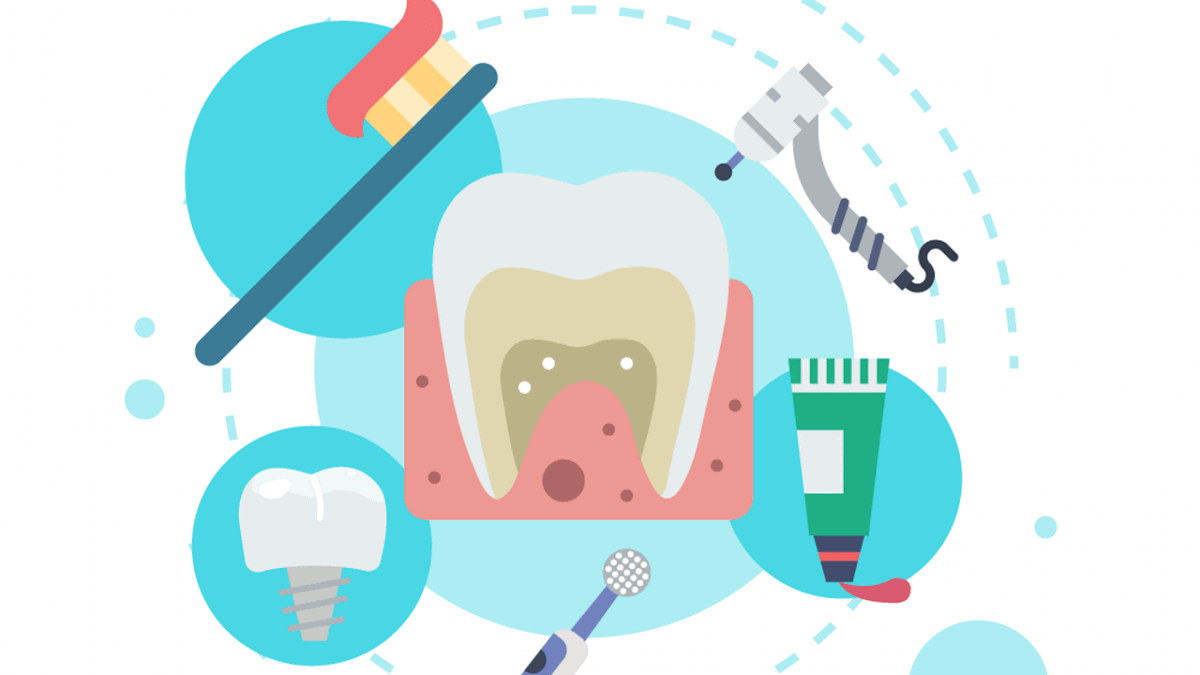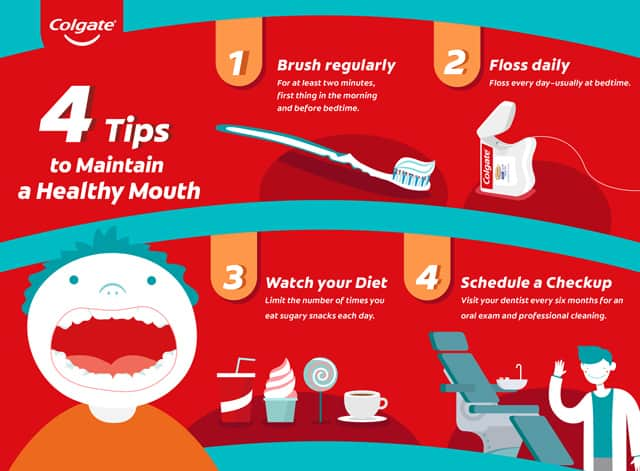Introduction
Tooth decay is a common dental problem that affects people of all ages. It occurs when the bacteria in your mouth produce acids that erode the enamel, leading to cavities and potential tooth loss. However, with proper daily dental care, you can significantly reduce the risk of tooth decay and maintain a healthy smile. In this blog post, we will discuss essential tips to prevent tooth decay and promote good oral hygiene.
1. Brush your teeth twice a day
One of the most important steps in preventing tooth decay is to brush your teeth thoroughly at least twice a day. Use a soft-bristled toothbrush and fluoride toothpaste to gently clean all surfaces of your teeth.
2. Floss daily
In addition to brushing, it is crucial to floss your teeth daily. Flossing helps remove plaque and food particles from between your teeth and along the gumline, where a toothbrush cannot reach.
3. Use mouthwash
Consider incorporating a fluoride mouthwash into your daily dental care routine. Mouthwash helps kill bacteria and freshens your breath while also strengthening your tooth enamel.
4. Limit sugary and acidic foods
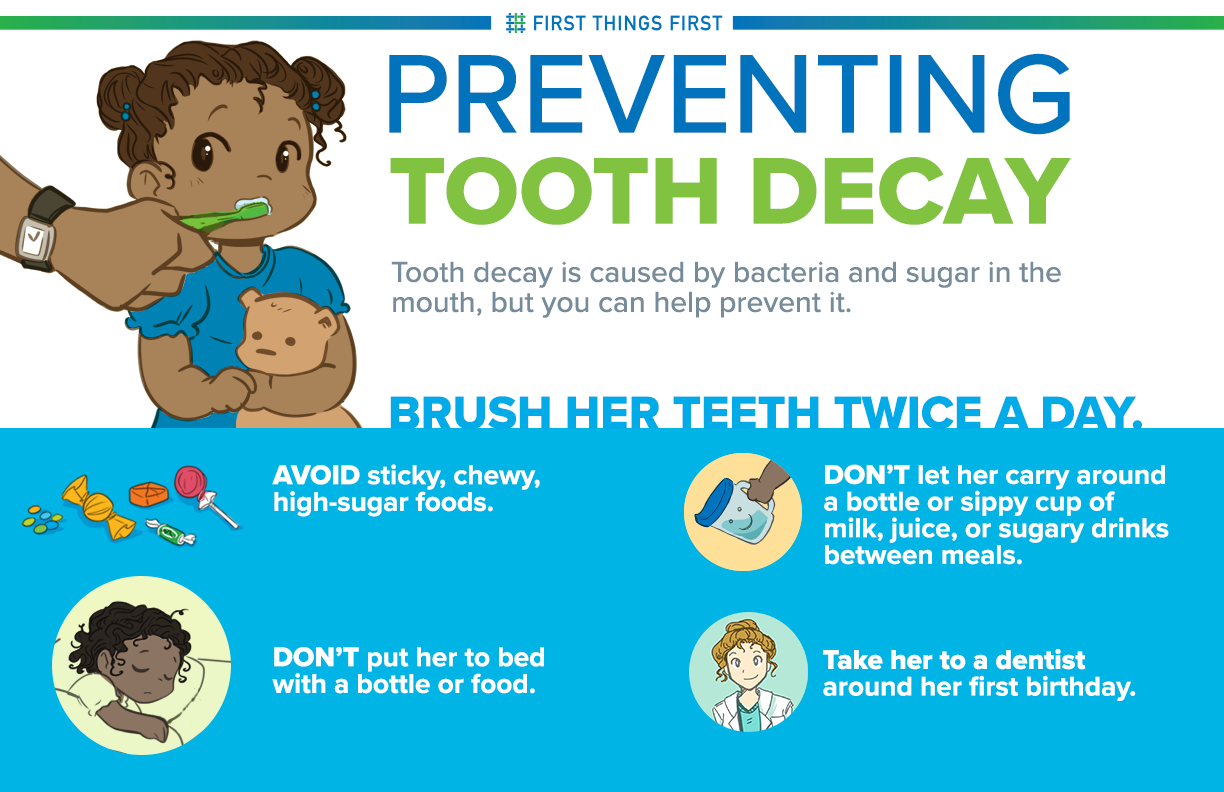
Reducing your intake of sugary and acidic foods can significantly contribute to preventing tooth decay. These types of foods can erode tooth enamel and create an environment for bacteria to thrive.
5. Drink plenty of water
Water is not only essential for overall health but also for maintaining good oral hygiene. Drinking water helps wash away food particles and neutralize acids in your mouth, reducing the risk of tooth decay.
6. Avoid tobacco and alcohol
Tobacco and alcohol can have detrimental effects on your oral health. Smoking and chewing tobacco increase the risk of gum disease and tooth decay, while excessive alcohol consumption can lead to dry mouth and tooth erosion.
7. Visit your dentist regularly
Regular dental check-ups are crucial for preventing tooth decay. Your dentist can detect early signs of decay, clean your teeth professionally, and provide personalized advice on maintaining good oral hygiene.
8. Consider dental sealants
Dental sealants are thin coatings applied to the chewing surfaces of your back teeth to protect them from decay. Talk to your dentist about whether dental sealants are a suitable option for you.
9. Chew sugar-free gum
Chewing sugar-free gum after meals can help stimulate saliva production, which aids in neutralizing acids and washing away food particles.
Summary
Preventing tooth decay is crucial for maintaining optimal oral health. By following these essential tips for daily dental care, you can effectively reduce the risk of cavities and other dental problems:
- Brush your teeth at least twice a day with fluoride toothpaste.
- Floss daily to remove plaque and food particles from between your teeth.
- Limit your consumption of sugary and acidic foods and beverages.
- Visit your dentist regularly for check-ups and professional cleanings.
- Consider using mouthwash to further protect your teeth and gums go to the website .
By incorporating these habits into your daily routine, you can maintain a healthy smile and prevent tooth decay in the long run.
- Q: How often should I brush my teeth?
- A: It is recommended to brush your teeth at least twice a day, preferably after meals.
- Q: What type of toothbrush should I use?
- A: It is best to use a soft-bristled toothbrush to avoid damaging your gums and tooth enamel.
- Q: How long should I brush my teeth?
- A: You should brush your teeth for about two minutes each time to ensure thorough cleaning.
- Q: Is flossing necessary?
- A: Yes, flossing is essential to remove plaque and food particles from between your teeth and along the gumline.
- Q: How often should I replace my toothbrush?
- A: It is recommended to replace your toothbrush every three to four months or sooner if the bristles become frayed.
- Q: Are mouthwash and fluoride toothpaste necessary?
- A: While not essential, using mouthwash and fluoride toothpaste can provide additional protection against tooth decay.
- Q: Should I avoid sugary foods and drinks?
- A: Yes, consuming excessive sugary foods and drinks can contribute to tooth decay. It is best to limit their intake.
- Q: How often should I visit the dentist?
- A: Regular dental check-ups are recommended every six months to detect any dental issues early and maintain oral health.

Welcome to my website! My name is Daniel Flood, and I am a dedicated professional Dental Technician with a passion for promoting optimal oral health and providing valuable information on dental care. With years of experience in the field, I am excited to share my knowledge and expertise with you.
